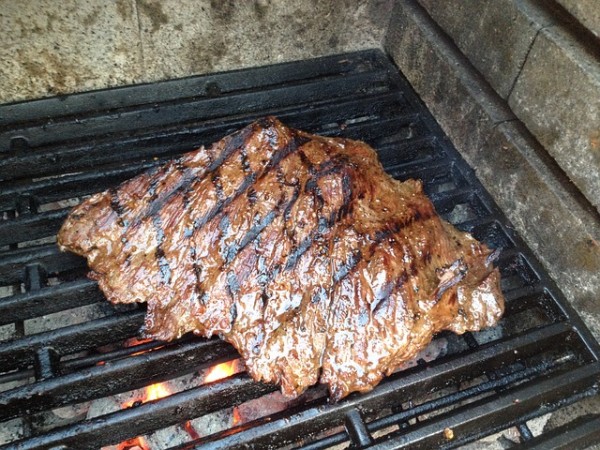Iron in Meat Boosts Heart Disease Risk

New research reveals more evidence that eating red meat can increase the risk of heart disease.
Researchers from the Indiana University School of Public Health-Bloomington discovered that heme iron, which is found only in meat, boosts a person's risk of deadly coronary heart disease.
The latest study revealed that heme iron consumption increased the risk of coronary heart disease by 57 percent. However, they study did not identify any links between nonheme iron in plant sources and coronary heart disease.
Lead researcher Jacob Hunnicutt, a graduate student in Indiana University's Department of Epidemiology and Biostatistics, and his team looked at 21 previous studies, which involved 292,454 participants during an average 10.2 years of follow-up.
Researchers looked at how iron consumption affected heart disease risk. However, the study also compared heme to nonheme iron intake in terms of coronary heart disease risk.
The findings revealed that only heme iron consumption increased the risk of heart disease.
Researchers explain that this could be because our bodies process the two kinds of iron differently, and can better control absorption of nonheme iron.
"The observed positive association between heme iron and risk of CHD may be explained by the high bioavailability of heme iron and its role as the primary source of iron in iron-replete participants," Hunnicutt and his team wrote in the study. "Heme iron is absorbed at a much greater rate in comparison to nonheme iron (37 percent vs. 5 percent). Once absorbed, it may contribute as a catalyst in the oxidation of LDLs, causing tissue-damaging inflammation, which is a potential risk factor for CHD."
The findings were published online ahead of print in the Journal of Nutrition.
Apr 24, 2014 12:32 PM EDT





